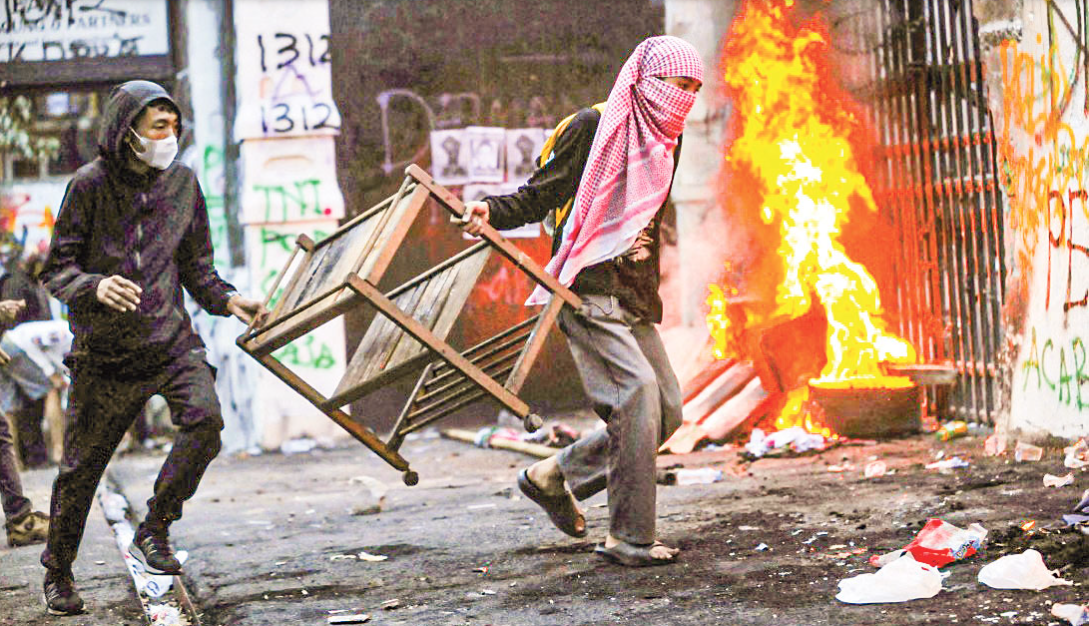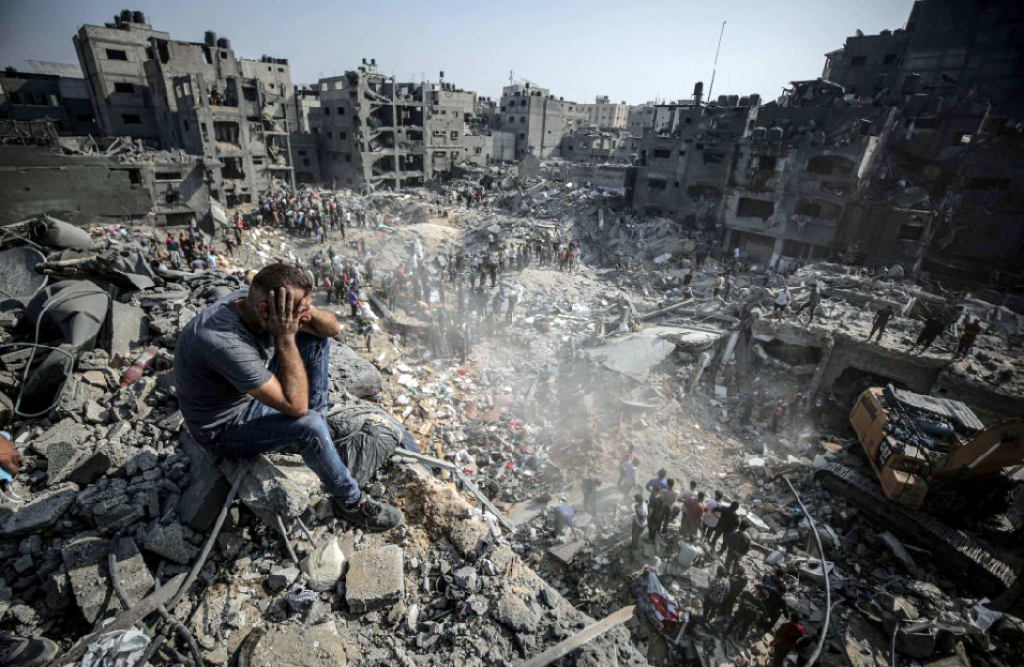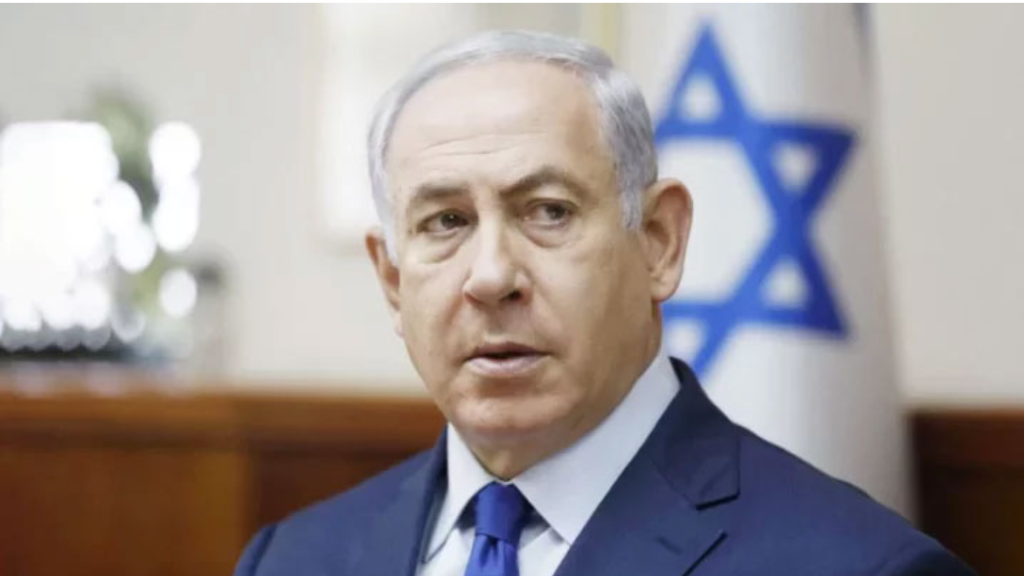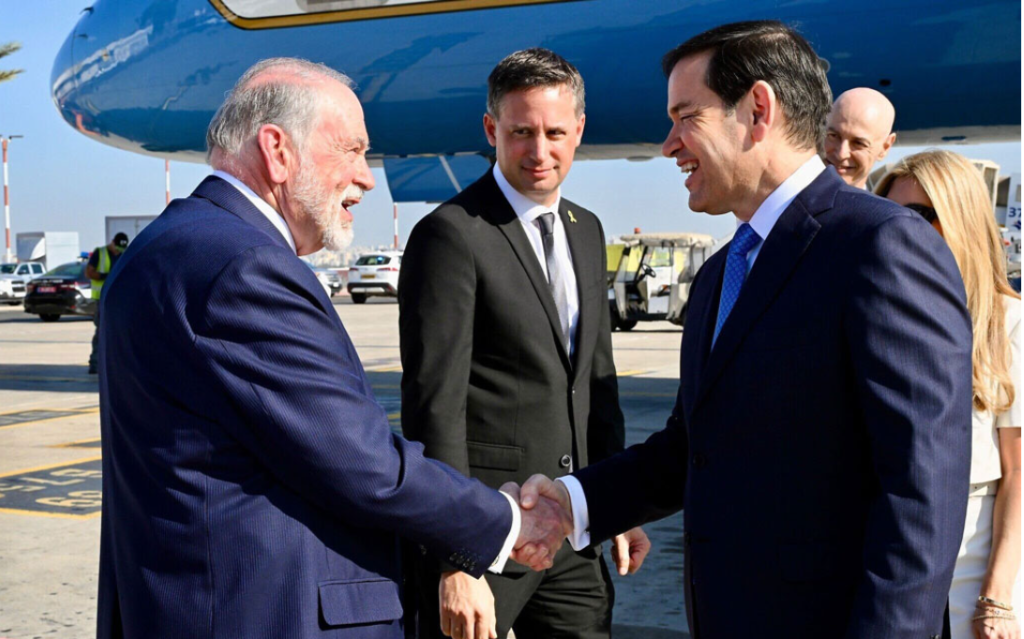Desk Report:
Indonesia is now recognized internationally as the world’s third-largest democracy. This multi-ethnic and multicultural country of about 280 million people has entered the democratic process after overcoming a long military rule, authoritarian politics, and a deep crisis of corruption. But that achieved democracy is once again being covered in the shadow of instability. The political instability that has surrounded President Prabowo Subianto just 11 months after taking office has called into question not only his leadership, but also the entire state system. The two-week-long nationwide protests prove that the people’s discontent is not temporary; rather, it is the result of long-standing mismanagement, abuse of power, and constitutional crisis.
In this context, Indonesia‘s democracy now stands at a crossroads—on the one hand, the temptation of temporary stability by adopting authoritarian tactics, and on the other, an opportunity to take bold steps to strengthen democracy. In the international arena, where Indonesia is seen as a major force for regional stability in Southeast Asia, every decision by Prabowo will have an impact not only on domestic politics, but also on regional diplomacy and global geopolitics. This article attempts to analyze the background to the growing protests, what needs to be done to resolve the crisis, the fight against corruption, and the two possible paths that President Prabowo faces.
Background to the growing protests: For two weeks, massive anti-government protests have been taking place in various provinces, from the capital Jakarta to Surabaya and Bandung. This is not just a spontaneous movement; rather, it is a well-organized expression of anger and dissatisfaction that have been building up over many years. Behind the unrest in the public mind is a long-standing history of corruption, abuse of power, violation of constitutional rules, and continuous violations of human rights. The people’s demands are now clear—they no longer want to watch just political drama; they want dignity, human rights, and independent state institutions.
Internationally, the protests are not just a domestic crisis; they are also a test case for regional stability in Southeast Asia. ASEAN countries are closely monitoring developments in Indonesia, as a weakening of democracy could lead to a rise in authoritarian rule across the region. The West, particularly the United States and the European Union, which have been promoting Indonesia as a model of democracy and human rights, is also concerned. On the other hand, China and Russia could exploit the unrest to their advantage—China by expanding its economic influence and Russia by increasing military cooperation.
Diplomatically, this is a delicate balancing act for President Prabowo. If he wants to suppress the protests and establish temporary control, it will damage his image in the international arena and put foreign investment at risk. On the other hand, if he chooses the path of democratic dialogue, transparency and accountability, it will firmly establish domestic peace and democratic leadership in the international arena.
What needs to be done to resolve the crisis: Indonesia’s current crisis is not only caused by the failures of the past government. Its stability as a multi-ethnic, multi-religious and diverse state depends on long-term structural reforms. Effective solutions can be found by taking bold steps in three areas—
First, decentralizing power and breaking the culture of impunity. Most of Indonesia’s political parties are family-run. This creates a conflict of interest between politics and business and perpetuates a culture of impunity. To get out of this situation, the judiciary and law enforcement agencies must be given the opportunity to work independently.
Second, ensuring economic transparency and accountability. Although Indonesia is an emerging economy, opacity in the management of state resources is eroding public trust. It is important to be transparent about where tax money is being spent. International organizations have repeatedly said that a transparent economy increases foreign investment and reduces inequality.
Third, strengthening civilian power by limiting military influence. Throughout Indonesia’s history, the military has always been a major force in politics. But military and police interference in civilian administration weakens democracy. The experience of Southeast Asia, especially the military coup in Myanmar, has shown that militarism ultimately destabilizes the state. Therefore, it is now necessary to draw clear boundaries on the military’s role in governance.
These steps will not only ensure internal stability; they will also rebuild Indonesia’s image in the international arena.
The fight against corruption: Corruption is the biggest obstacle to democracy in Indonesia. The Asset Recovery Bill, which has been pending for two decades, could be a breakthrough in curbing corruption if it is enacted. Although drafted in 2008 and introduced in parliament in 2012, the law has not yet been enacted. However, if it is implemented, the state could seize illegal assets without waiting for criminal convictions.
If the bill is enacted in line with the UN Convention, it will not only strengthen the fight against corruption, but also improve Indonesia’s image in the international arena. This is very important for foreign investment and gaining global trust. If the Prabowo government passes the bill but fails to implement it, it will remain a law on paper. Therefore, it is a test of Indonesia’s political will and accountability.
Two paths ahead: In the current crisis, President Prabowo Subianto has two paths open to him to determine the future—the first path is a strict restrictive regime—where it is possible to bring temporary stability by suppressing dissent, increasing the influence of the military and police, and cornering political opponents. But this will weaken democracy and lead to long-term instability in the country. The experiences of Myanmar and Thailand are a warning in this regard.
The second path is to demonstrate bold and far-sighted leadership—where public trust is restored through transparency, accountability, combating corruption, and ensuring human rights. This will not only bring domestic stability; it will also make Indonesia a role model for democratic ideals in the international arena.
Therefore, Prabowo’s decision will not only affect his personal future; it will also affect the geopolitics of Southeast Asia.
If President Prabowo chooses the second path—the path of democratic renaissance—his leadership will not be just a memory of an electoral victory; rather, it will become a history of positive transformation in the lives of the people. The true measure of political power is not in severity, but in ensuring education, health, employment, and a dignified life. History testifies that leaders who have been able to light the lamp of trust and hope in the hearts of the people have transcended the boundaries of time and become statesmen.
That possibility is open to Indonesia today. If Prabowo places transparency, justice, and human development at the center of his power, the people will remember him not just as a president but as the architect of a new Indonesia. Because the true measure of state power is not in the roar of guns, but in the laughter of children, the fields of farmers, the fair wages of workers, and the dignity of citizens.
Therefore, Prabowo now has the opportunity to make history. If he wants, he can pull Indonesia out of instability and establish it on the world stage as a beacon of democracy and development. And if he chooses that path, his name will be immortalized not only in political history, but also in the hearts of the Indonesian people.




